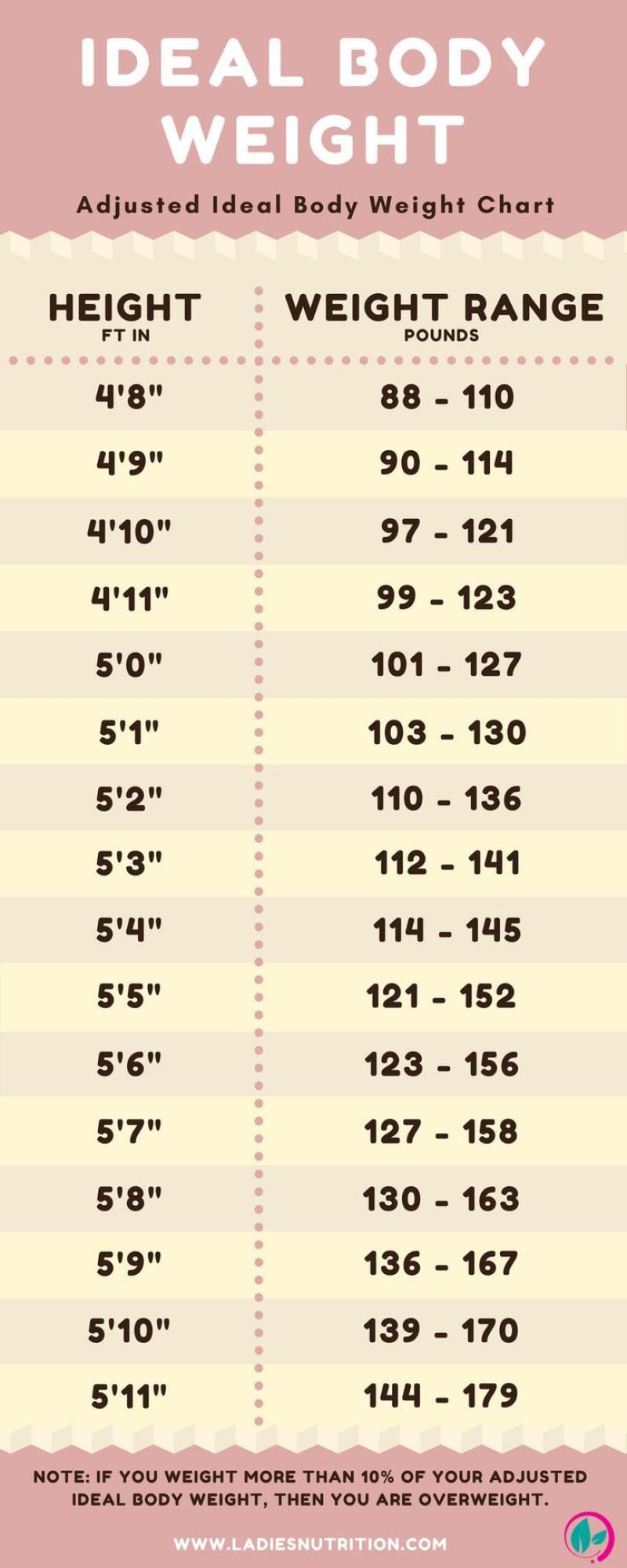How much should I weigh calculator?
There isn't a one-size-fits-all answer to the question of how much an individual should weigh, as ideal weight can vary based on factors such as age, gender, muscle mass, and overall health. However, one commonly used method to estimate a healthy weight range is the Body Mass Index (BMI).
BMI is a numerical value calculated from an individual's height and weight. While it doesn't directly measure body fat, it can be a useful screening tool for identifying potential weight-related health risks.
The formula for BMI is:
Here are the general BMI categories:
- Underweight: BMI less than 18.5
- Normal weight: BMI between 18.5 and 24.9
- Overweight: BMI between 25 and 29.9
- Obesity: BMI of 30 or greater
To use a BMI calculator, you'll need your weight in kilograms and your height in meters. If you prefer to use pounds and inches, you can use the following conversion factors:
Many online BMI calculators are available, where you can input your weight and height, and the calculator will provide your BMI and indicate the corresponding weight category.
It's important to note that BMI has limitations and does not account for factors such as muscle mass, distribution of fat, or other health indicators. Therefore, while BMI can be a useful initial assessment tool, it's recommended to consult with a healthcare professional for a more comprehensive evaluation of your health, including discussions about diet, exercise, and other relevant factors.
How to calculate an ideal weight range?
There are several different methods for calculating an ideal weight range. One of the most common methods is to use the Body Mass Index (BMI). BMI is a measure of body fat based on height and weight. The formula for BMI is:
BMI = weight (kg) / [height (m)]^2
A BMI of 18.5 to 24.9 is considered to be healthy. A BMI of 25 or higher is considered to be overweight or obese.
Another method for calculating an ideal weight range is to use a weight-for-height chart. Weight-for-height charts are based on average weights for people of different heights. They can be found online or in health-related books and magazines.
It is important to note that ideal weight ranges are just a general guideline. There is no one-size-fits-all answer to the question of what is a healthy weight. The best way to determine your ideal weight is to talk to your doctor. They can help you assess your individual health risks and create a personalized weight management plan.
What factors should be considered in determining a healthy weight?
There are several factors that should be considered when determining a healthy weight. These include:
- Age: Ideal weight ranges vary by age. For example, children and adolescents typically have a lower ideal weight range than adults.
- Sex: Ideal weight ranges also vary by sex. Men typically have a higher ideal weight range than women.
- Activity level: People who are more active have a higher ideal weight range than people who are less active.
- Body composition: Muscle weighs more than fat, so people who have a higher muscle mass may have a higher ideal weight range than people who have a lower muscle mass.
- Medical conditions: Certain medical conditions, such as thyroid disorders, can affect weight.
Are there reliable online calculators for determining ideal weight?
There are many different online calculators that can be used to determine ideal weight. However, it is important to use a reputable calculator that is based on sound scientific evidence. Some reputable online calculators include:
- The National Institute of Diabetes and Digestive and Kidney Diseases (NIDDK) BMI calculator
- The Centers for Disease Control and Prevention (CDC) BMI calculator
- The World Health Organization (WHO) BMI calculator
It is important to remember that online calculators are just a general guideline. They should not be used as a substitute for talking to your doctor. Your doctor can help you assess your individual health risks and create a personalized weight management plan.













